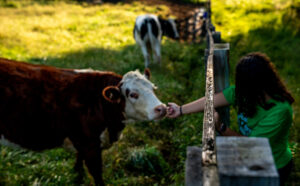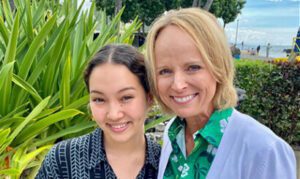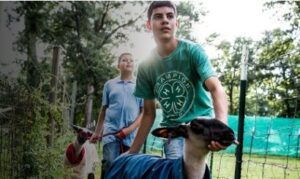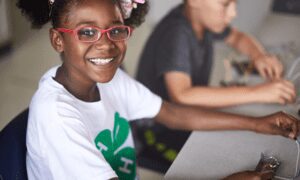As the firstborn child of two Cameroonian immigrants the path of my life has been an immovable blueprint, a vicarious manifestation of my parent's dreams. Go to school, graduate with high marks, become a doctor, support the family, and set the precedent for those who come after you. Being inept and failing is not an option. Additionally, having lived in predominantly white towns for most of my life, the perpetuated monolithic tropes of young black women aren't beneficial for survival. To survive, I wield code-switching like a sword with many faces. Neither of these factors enabled my emotional fluidity. I was expected to only showcase my strengths. I felt trapped and isolated.
To combat this, I facilitated race relations discussions amongst my peers and adults within my community. When asked why, I habitually said what people wanted to hear. I'd reply, "Racism is a viral societal ill that must be combatted one uncomfortable conversation at a time. I am advocating for anti-racism because the voices of people of color deserve to be amplified. We deserve visibility." This response is correct socially and politically, but it wasn't honest. My guard was still up, and I began to question myself more. Why was I really doing this? I summed it up to two factors.
First, by facilitating these discussions, I gave myself permission to be vulnerable. I was afraid of being perceived as frail, inadequate, or a victim. I viewed my vulnerability as a weapon to be used against me, rather than a strength I can utilize upon my own volition. With every unfiltered conversation, I began to free myself. Being able to lay my pain out in front of others was relieving. With that relief I invited others to be vulnerable as well, to share their stories, relay their pain or lack of understanding, and with that understanding came increased empathy.
By facilitating these workshops and cultivating empathy within my community, others have experienced that freedom as well. My 4-H peers and I started to bridge the gap between young people and law enforcement, freeing one another from preconceived grudges and historical challenges. Our outreach expanded as other 4-H clubs across New York State were inspired to host their own Race and Reconciliation workshops too. In my own school, I was empowered to create a safe space for students of many different backgrounds and identities to feel free as themselves. In collaboration with the school board, my peers and I created a "Diversity Cafe", a space within our school's library that would enable students to meet with each other, share their stories, and embrace their differences. I am proud to say our leadership inspired our school to start constructing the Diversity Cafe, which will be completed this year. I hope this will be a space for future 4-H teen leaders to teach the values of advocacy and hospitality to all.
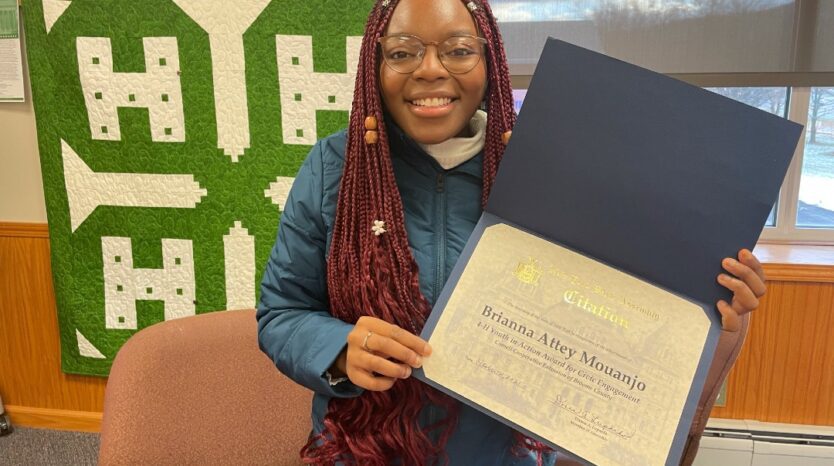
As a Youth in Action Pillar Winner, I am using my platform to educate others on anti-racism and to find new ways to foster safe spaces for my peers inside and outside 4-H. I've also continued my Race and Reconciliation work here at The George Washington University through the Women's Leadership Program. In collaboration with another student, we conducted a workshop titled, "Understanding and Supporting Non-Dominant Race and Gender Identities". This sparked numerous introspective conversations about ways to support one another through societal struggles and because of this workshop, we were even awarded the Humphries Leadership Award for Spring 2022.
I know there is still work to be done, but at the end of it all, I just hope to create freedom for my peers: for emotions and self-expression, for empathy and understanding.









